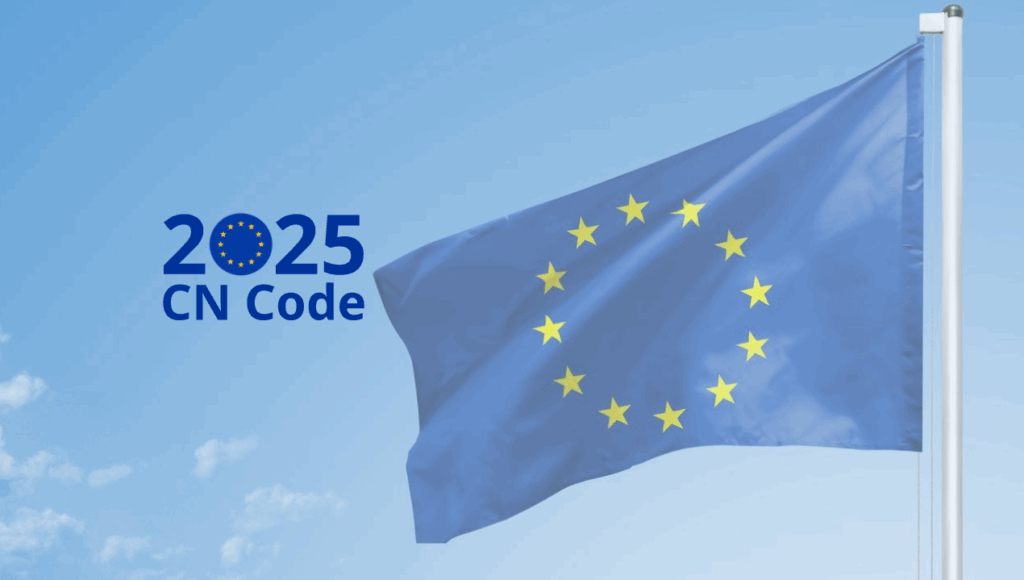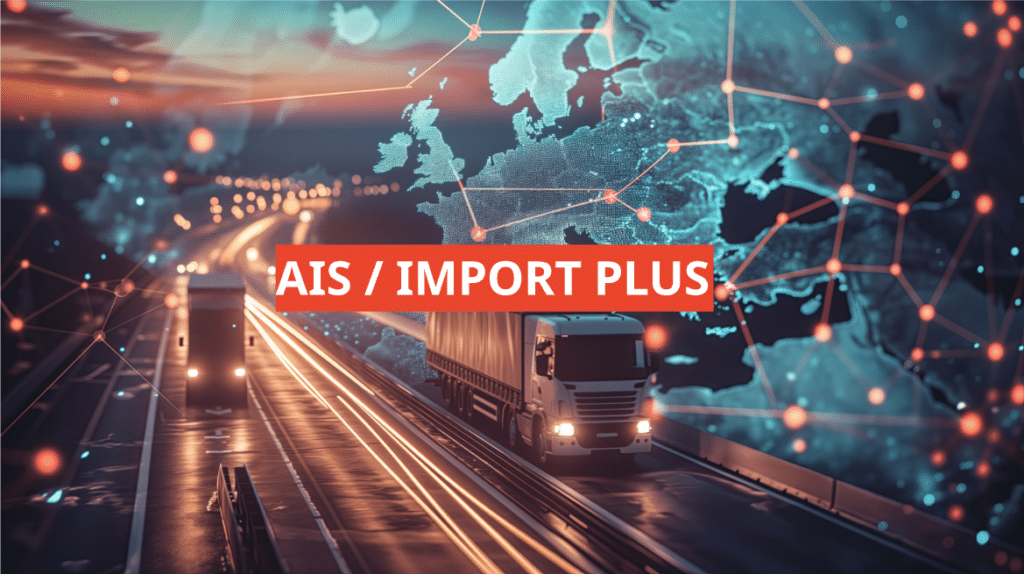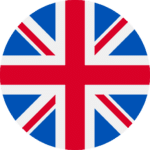Trade in goods:
The Trade and Cooperation Agreement (TCA) provides for zero tariffs and zero quotas for all goods originating in the UK and the EU that comply with the relevant rules of origin.
However, as the UK has left the Single Market and the Customs Union, customs forms and additional licences, proofs or certificates may be required since January. HM Revenue and Customs (HMRC) estimates that there will be 270 million customs declarations in 2021 (in previous years there were around 55 million customs declarations a year).
5 key points about customs:
- customs formalities (= declarations) and controls (= border controls) are required since 1 January 2021. To ensure a smooth transport to the UK, it is necessary to declare the goods both in the EU and in the UK. Export and import declaration is required
- the agreement provides for zero duties and zero quotas for all goods that comply with the relevant rules of origin.
- import VAT will continue to be levied.
- additional licences, proofs, certificates are required depending on the goods.
- an entry or exit summary declaration must be made.

Logistics:
British and European forwarders can continue to cross the English Channel without restrictions. However, in future British companies will only be allowed to unload one load in the EU and pick up a new one. Previously, up to three stops were allowed. The IT systems for border clearance had not been tested until recently, and it is currently apparent that many truck drivers do not have the correct papers with them. As a result, there are more and more long traffic jams at the borders. The British government wants to introduce its border controls only gradually until July.
Automotive:
Imports will remain duty-free, which will protect supply chains and car manufacturers’ sales. Rules of origin are particularly important for the future of the British car industry. Only finished products made up of at least 60 per cent British and European parts will be duty-free. Britain had also wanted to include Japanese parts, as Nissan is the largest manufacturer in the country and the preliminary products for e-cars largely come from Japan. The EU rejected this, but in future e-cars made in Britain will be subject to reduced tariffs.
Level Playing Field:
British and European companies can sue in each other’s courts if they suspect illegal state aid. Governments on both sides can also impose sanctions unilaterally, such as punitive tariffs. London has managed to keep this issue out of the European Court of Justice. The EU has enforced a sanctions mechanism. The same applies to minimum standards in labour and environmental law. If one side suspects a breach of fair competition, it can impose sanctions, which in turn can be challenged before an arbitration court.













